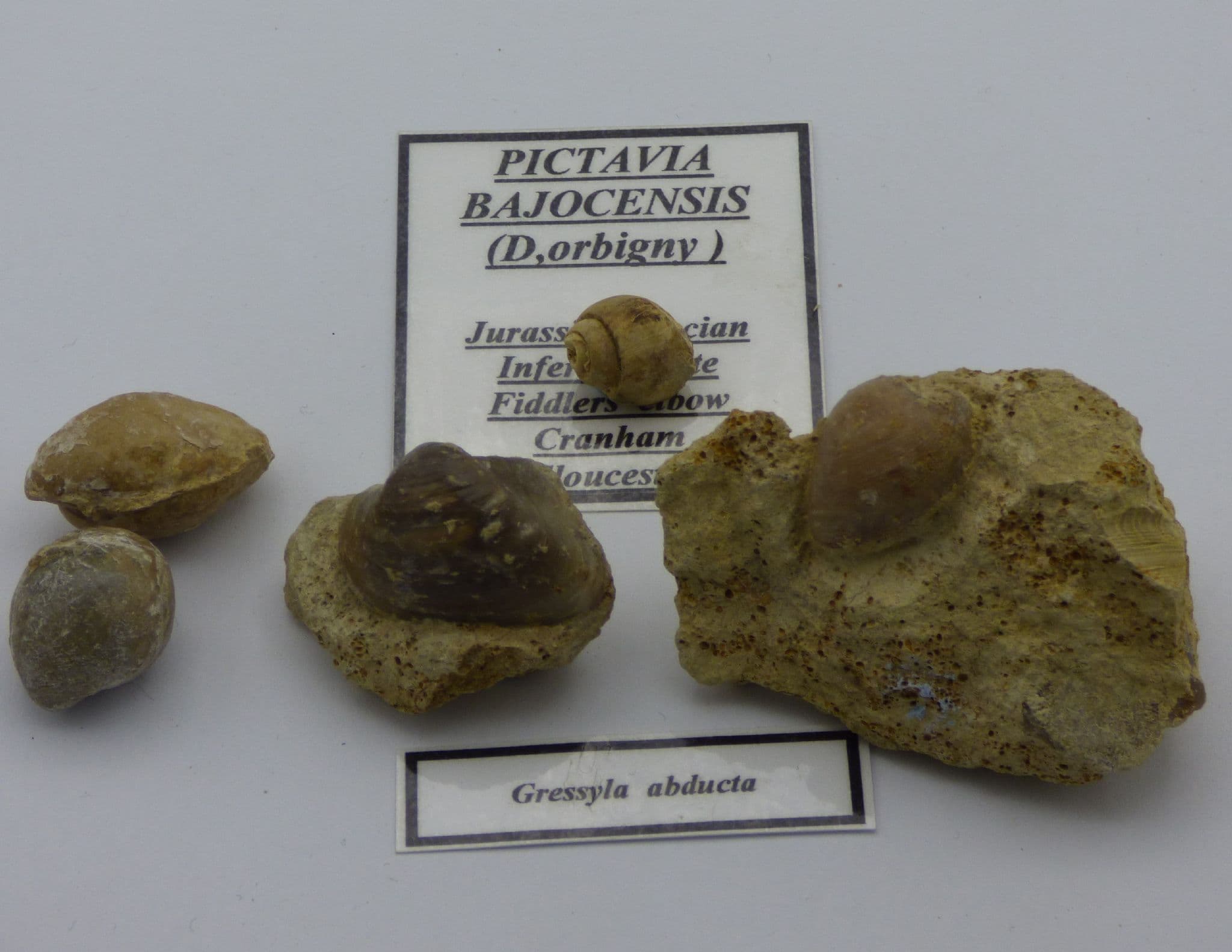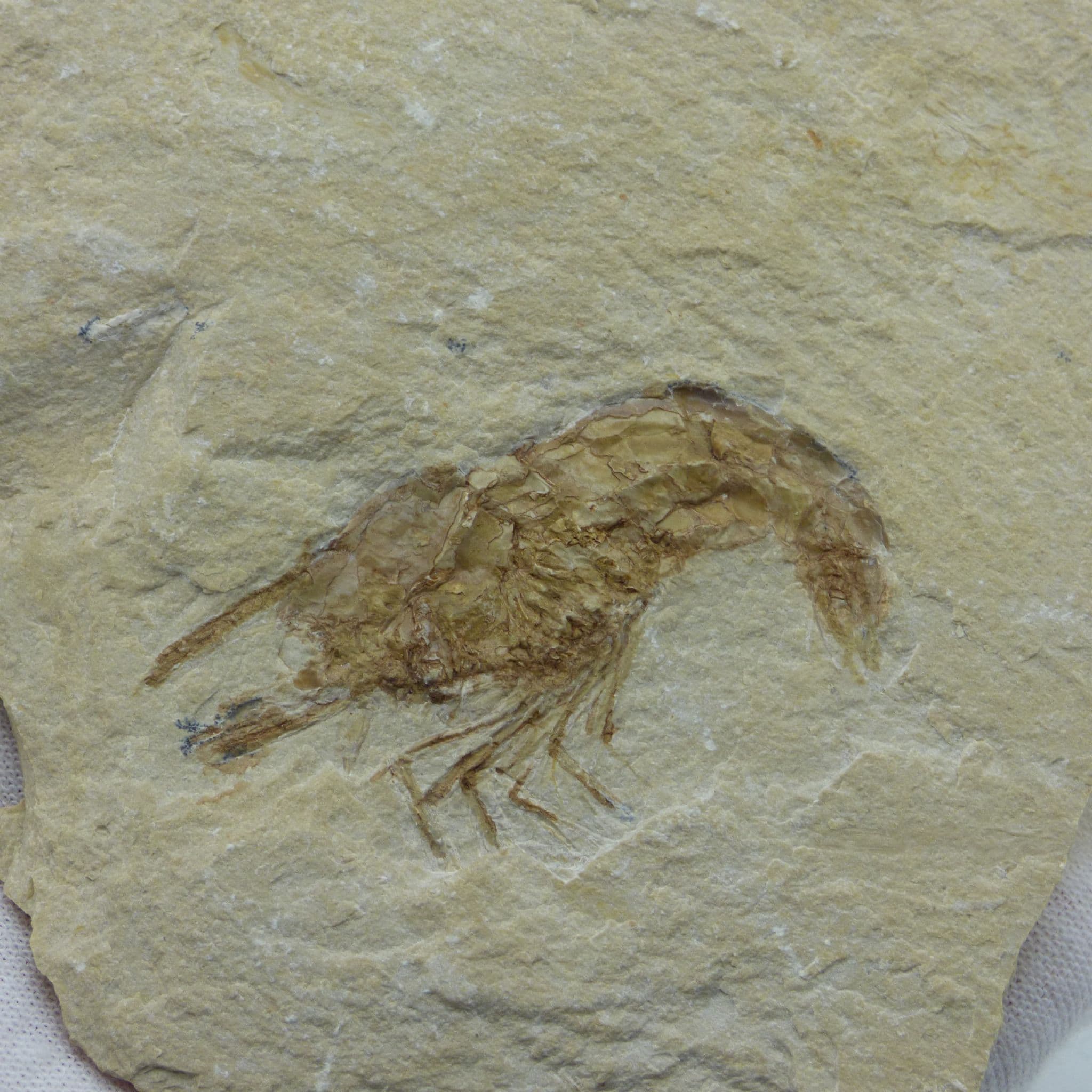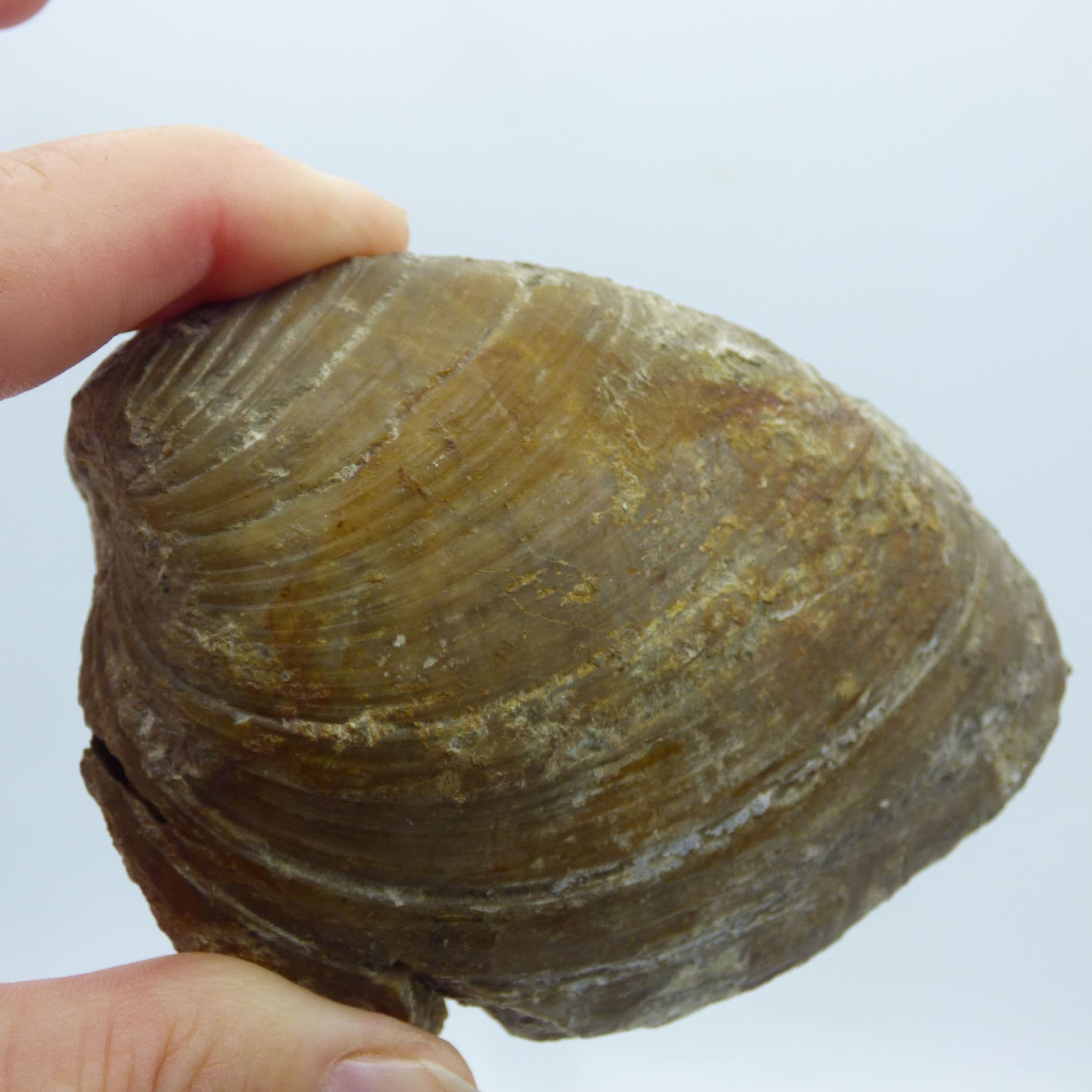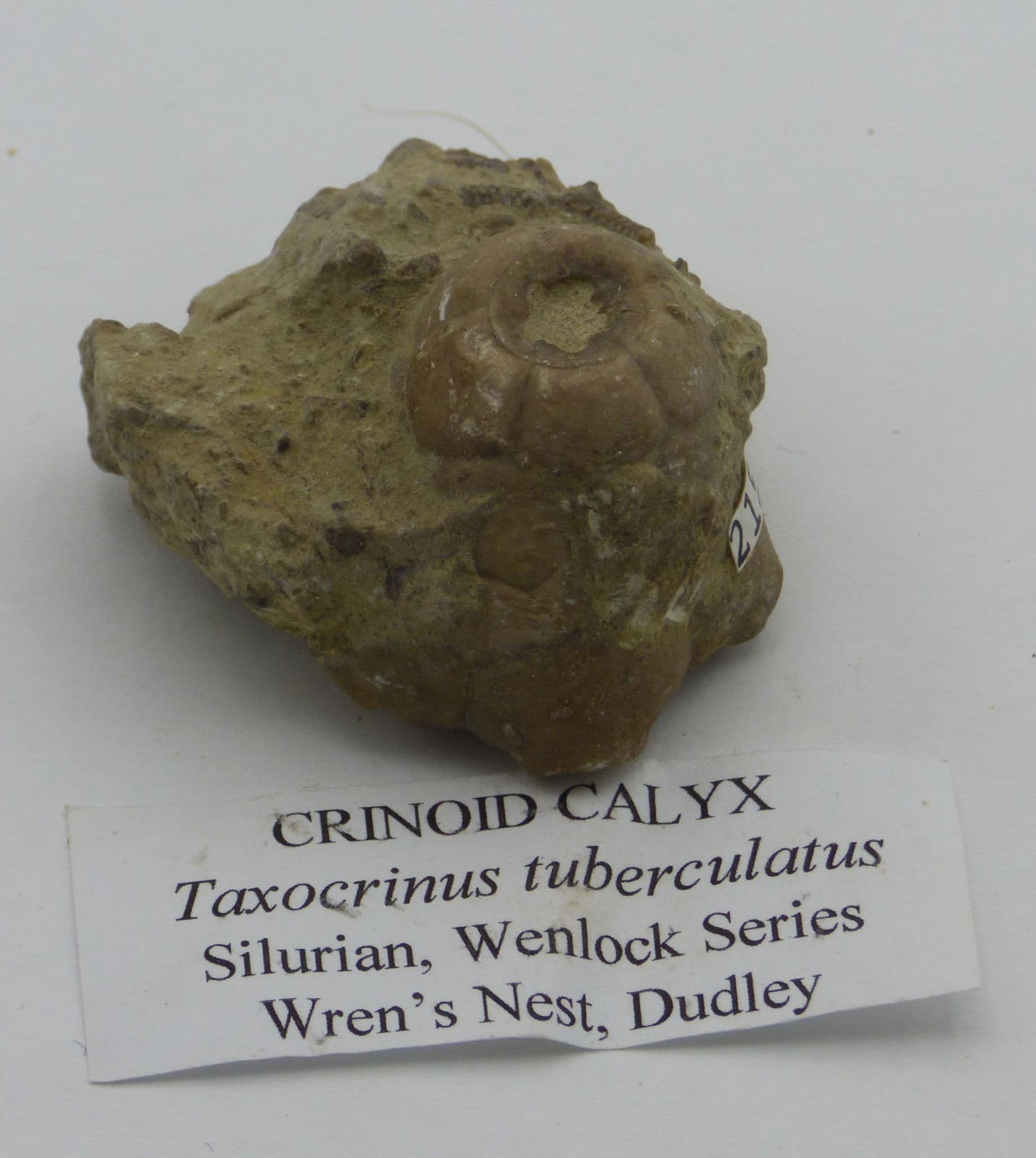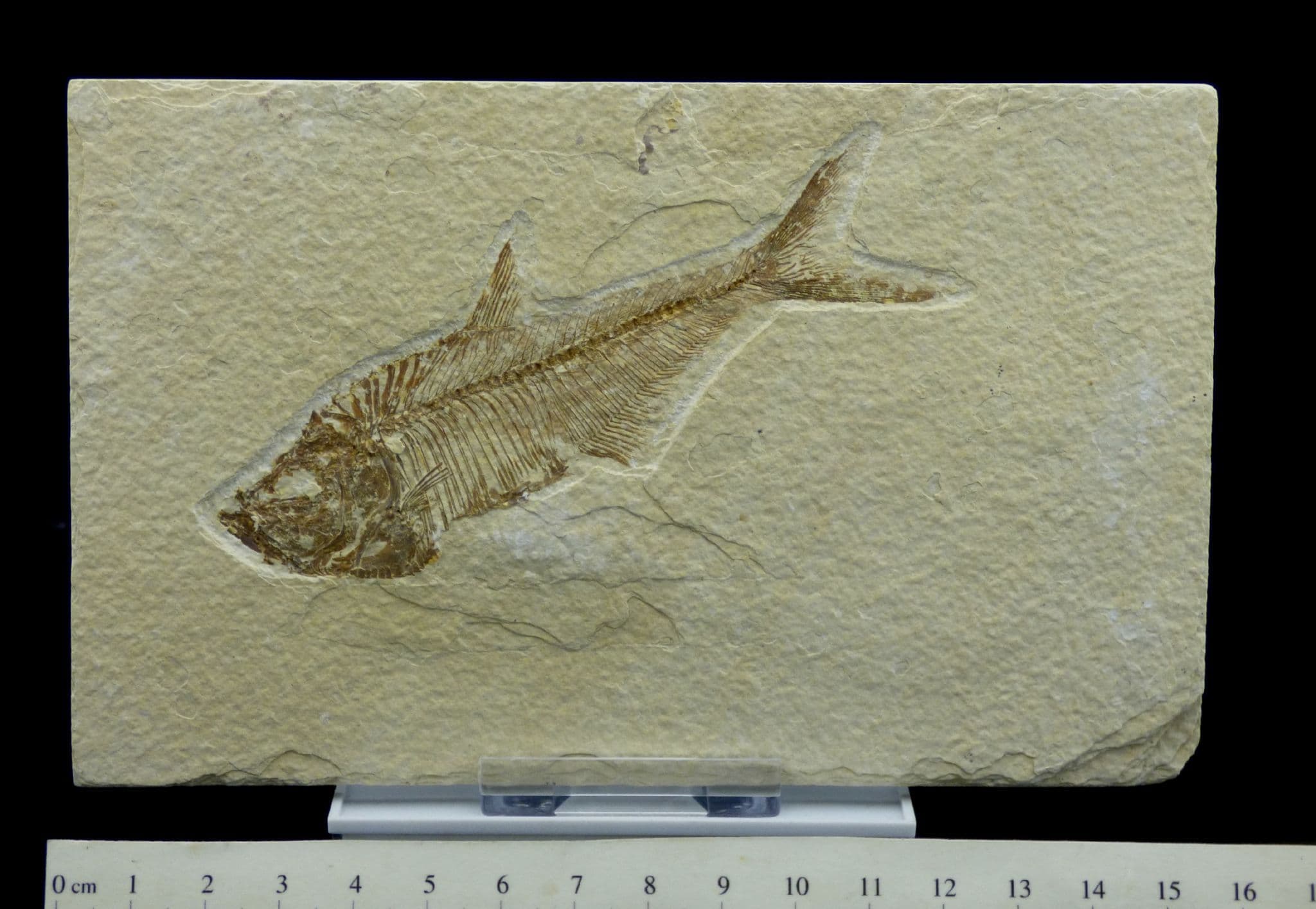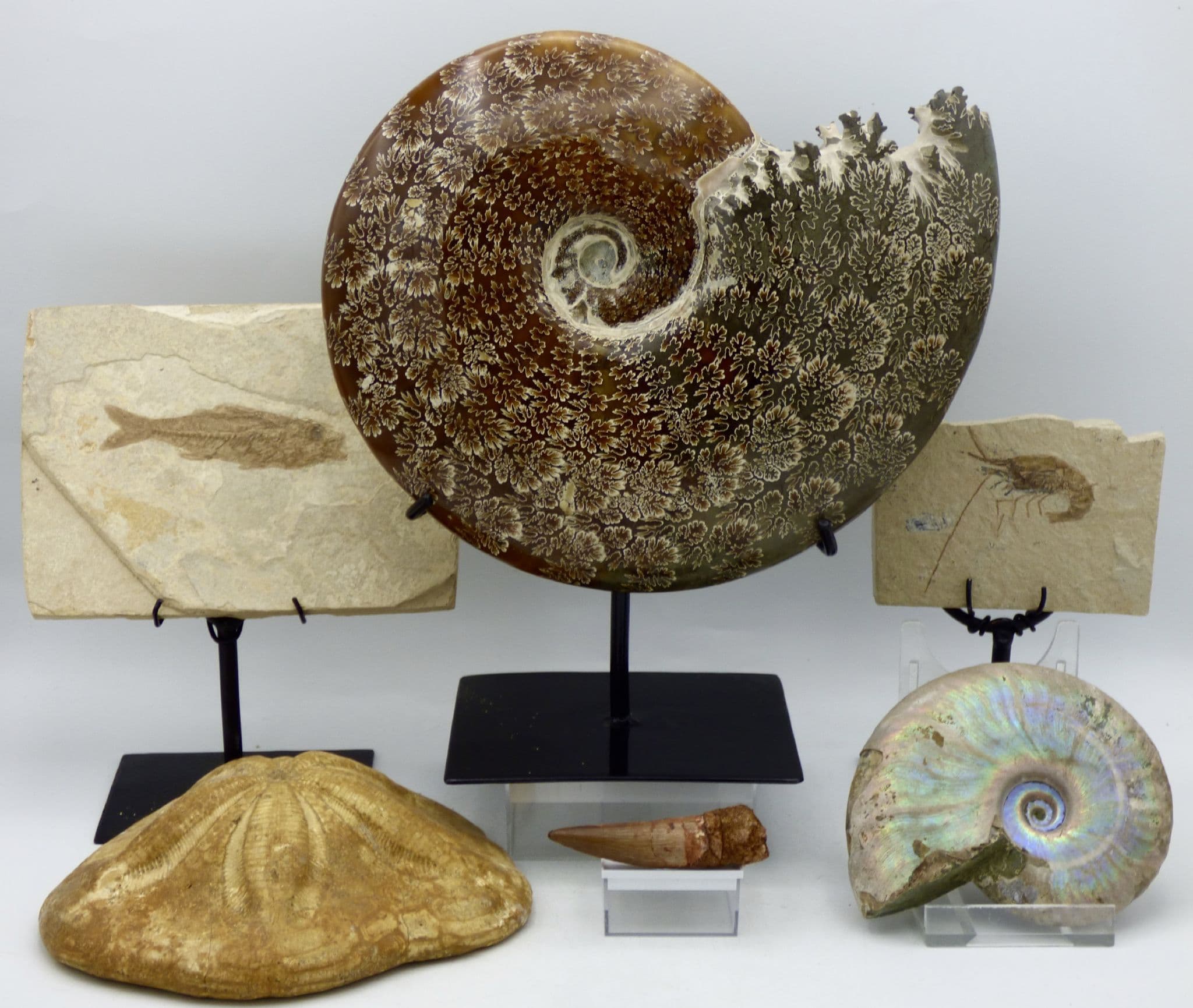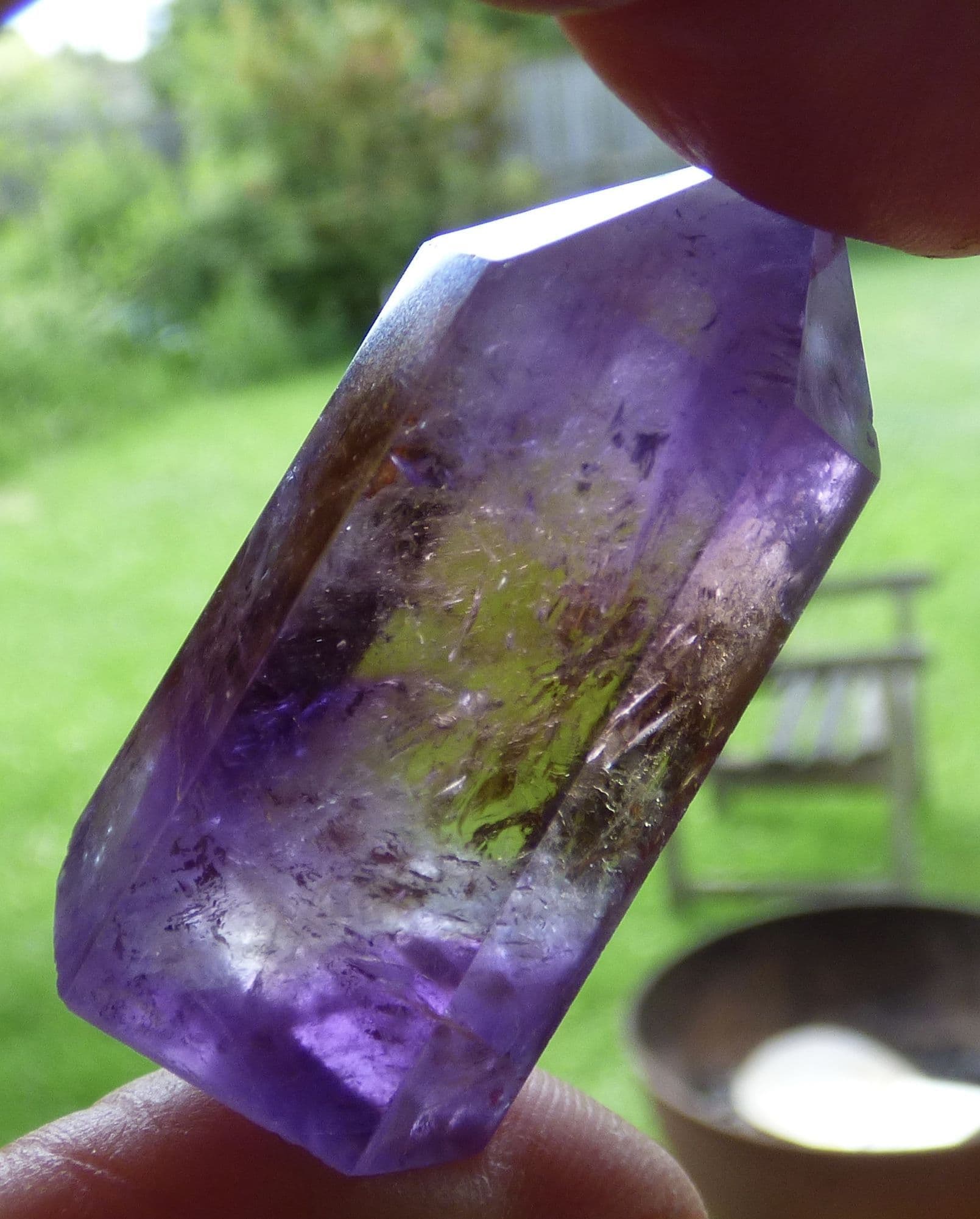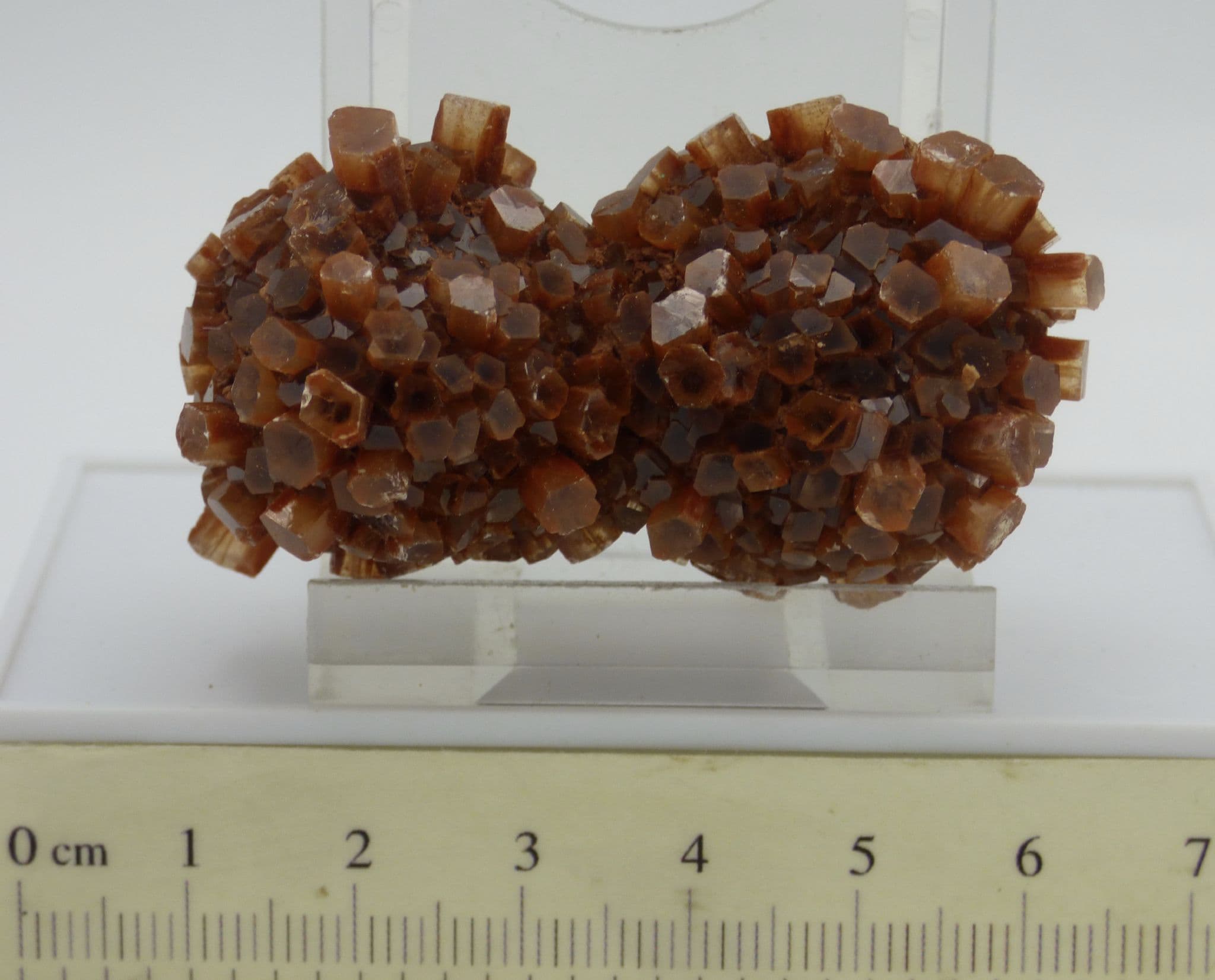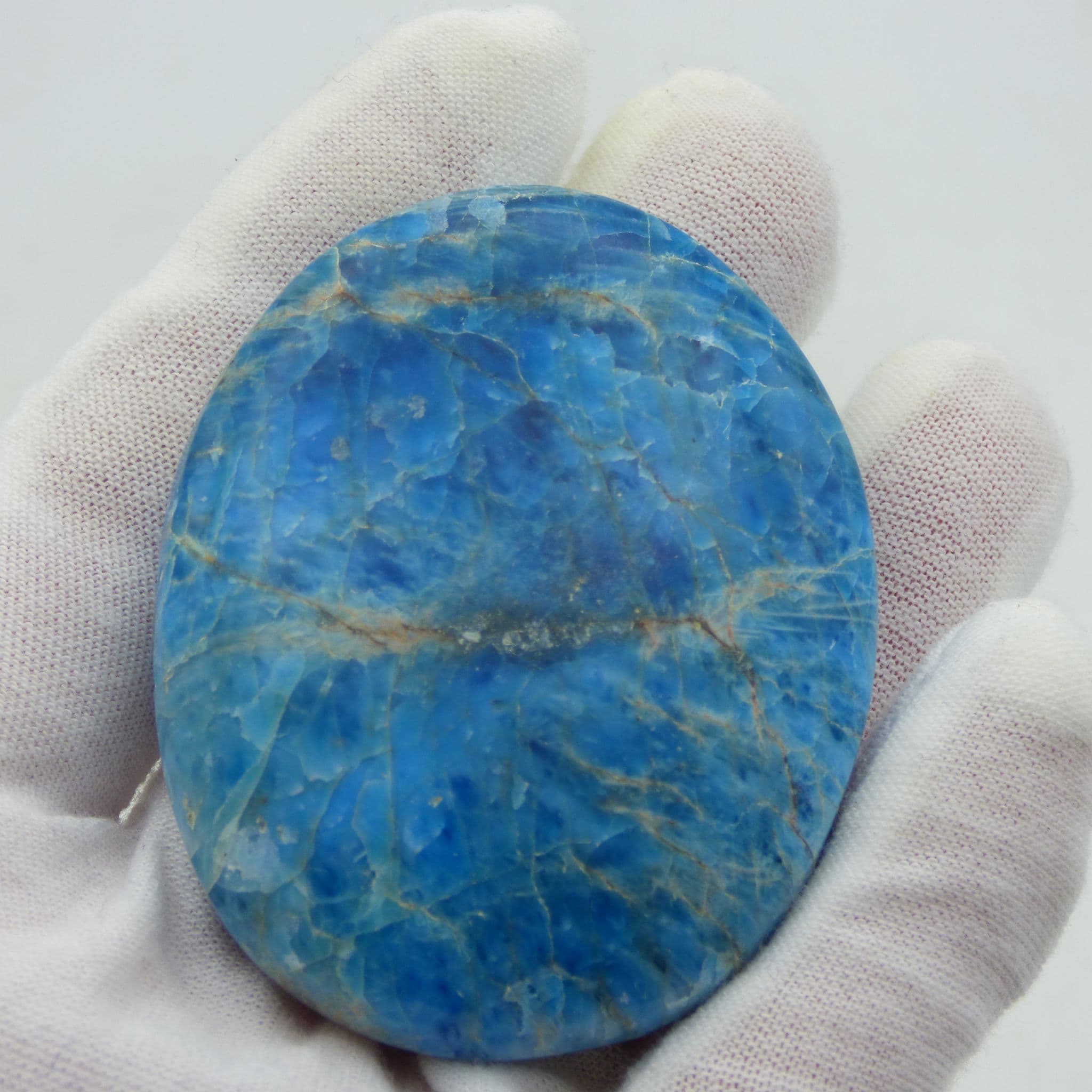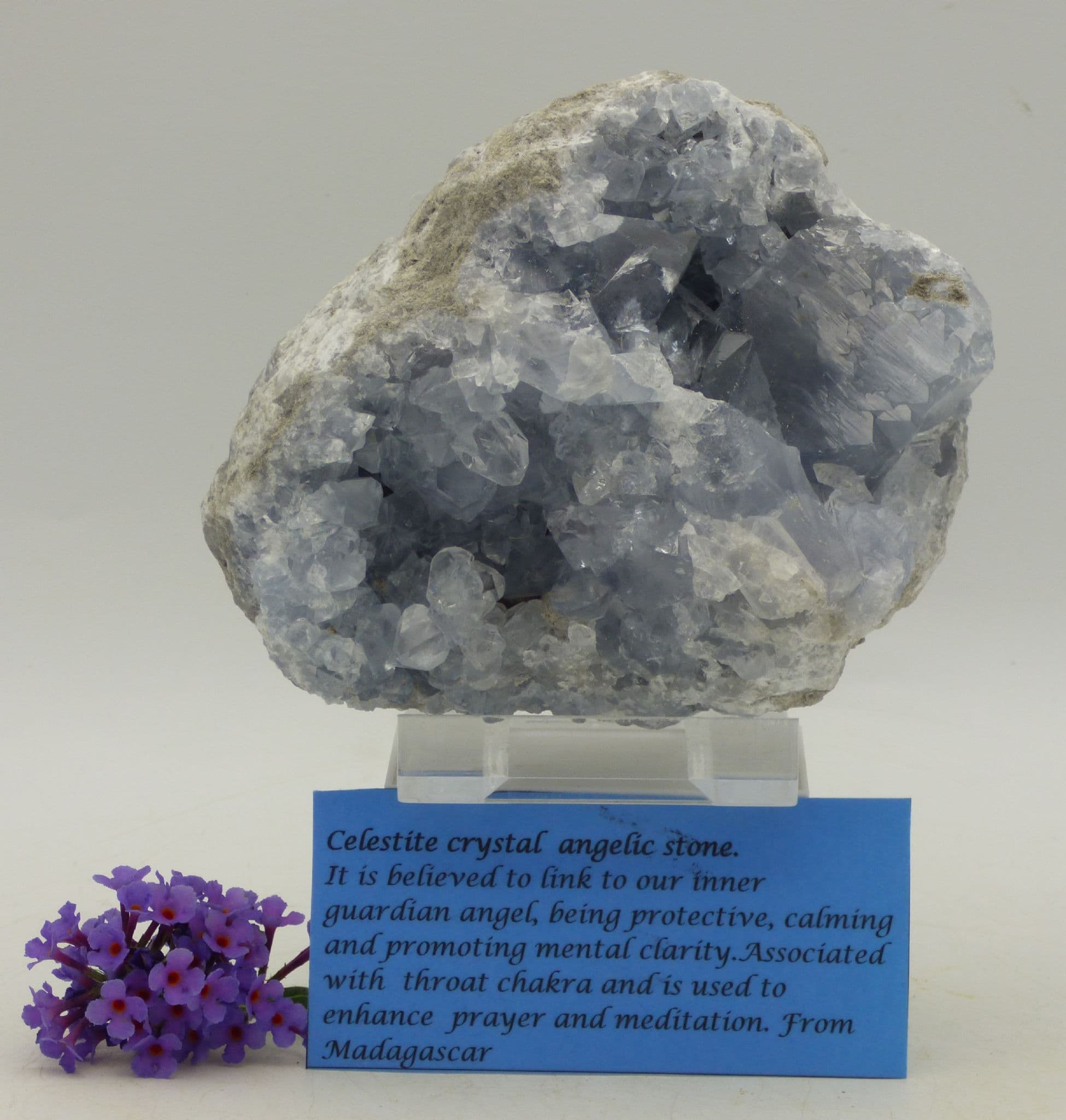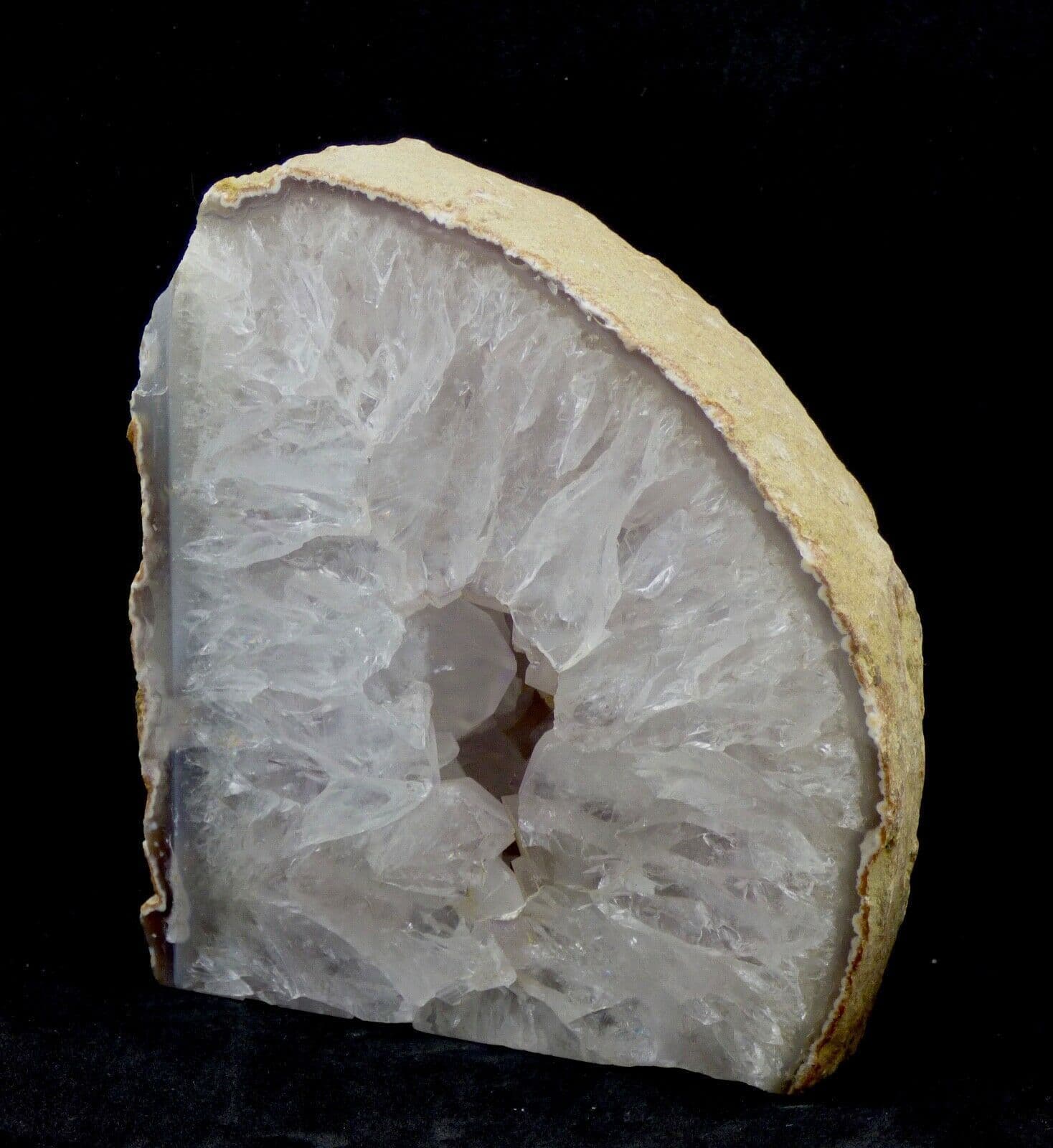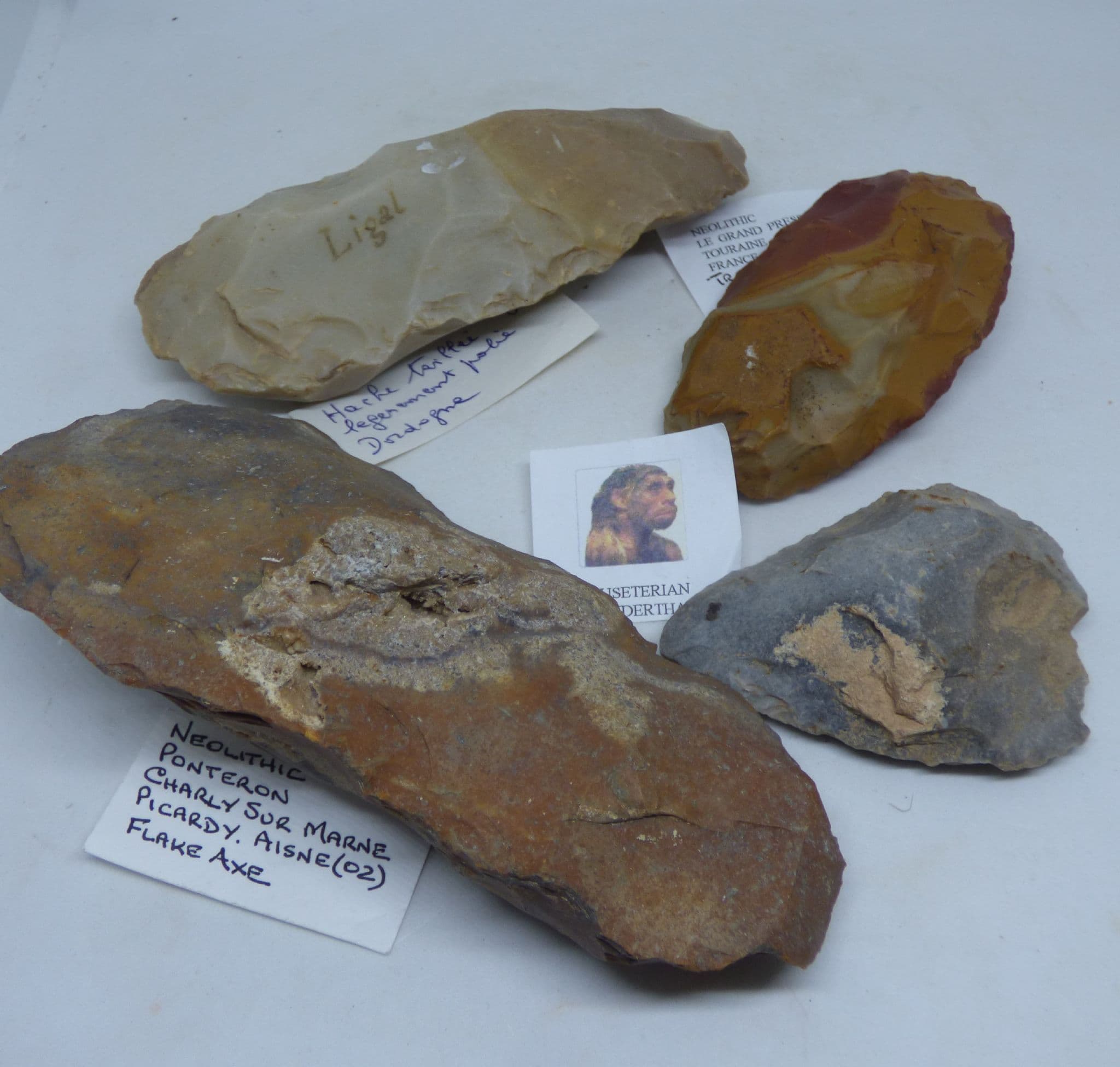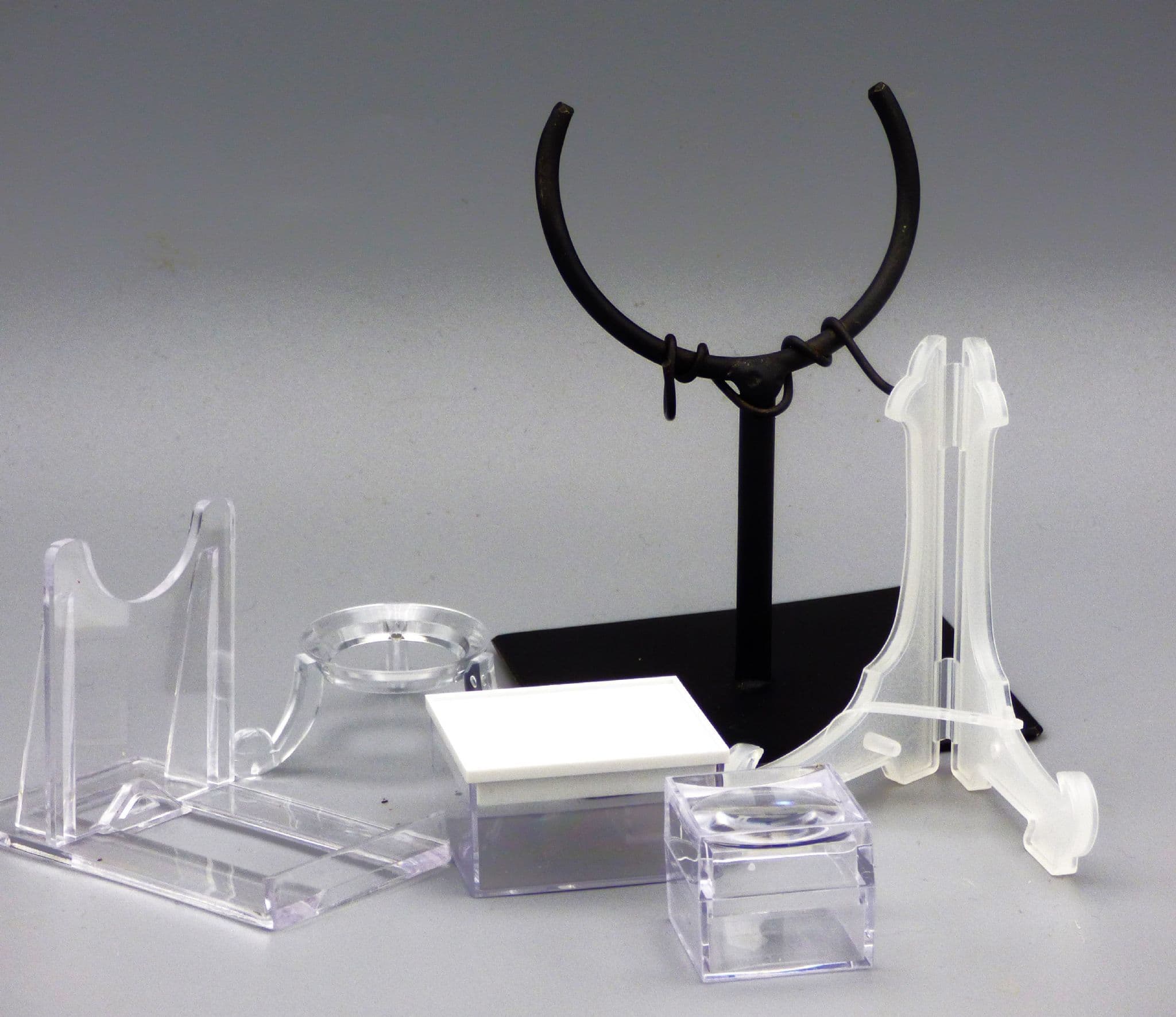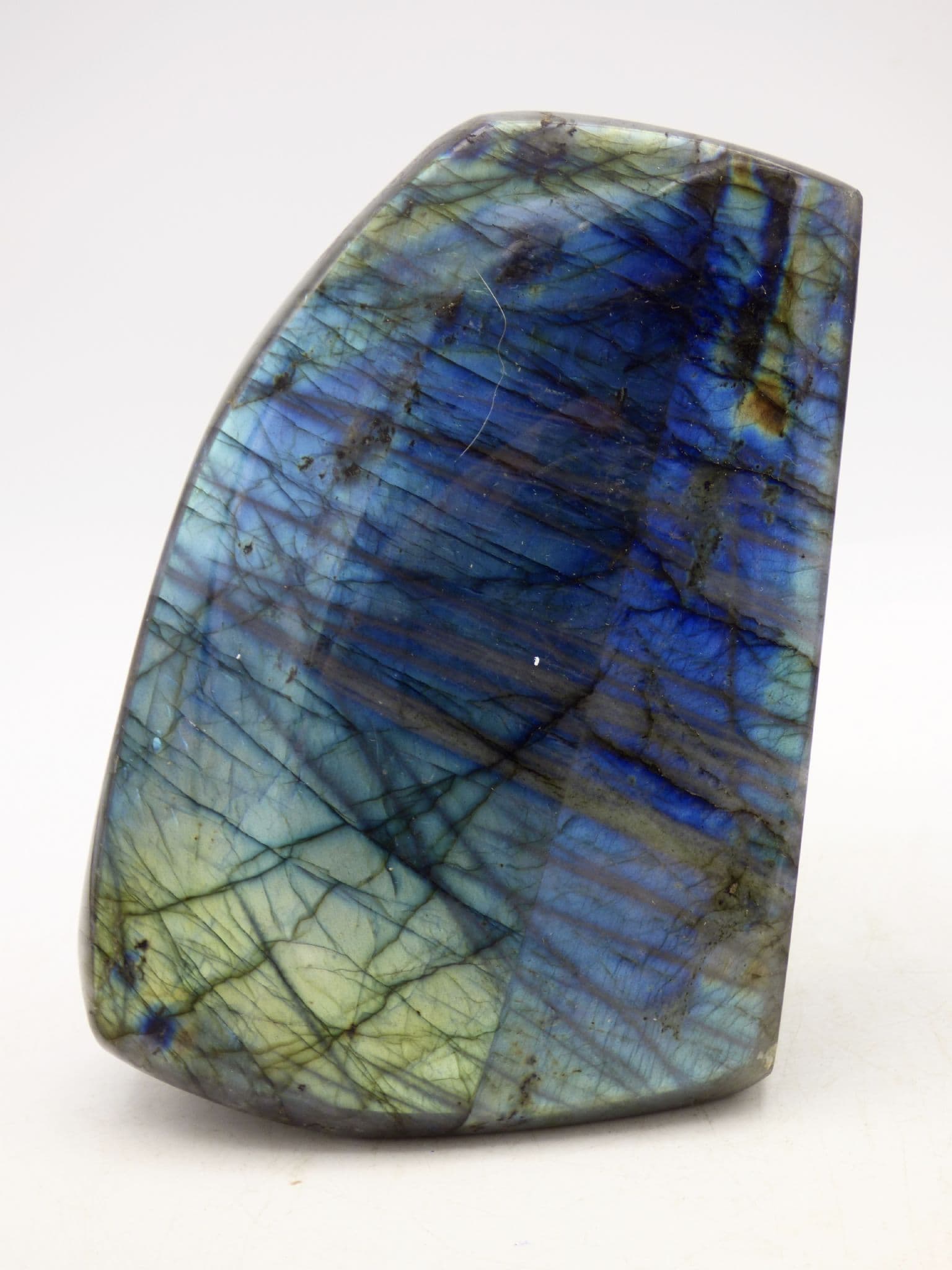Fossil Phalange Bone from a Horse Old Collection Norwich Cragg Formation
Guarantee Safe Checkout

Fossil Phalange Bone from a Horse Old Collection Norwich Cragg Formation
Fossil Section of Phalange Bone from a Horse from Old Collection -Norwich Cragg Formation with Display Stand
This specimen is a fossil section from a phalange bone and is from an old collection, formed between 1960 and 1990 by a professional gentleman. The collection was mainly from the Eastern Bavents and the Walberswick Beach. Most of the finds are from the Norwich Crag Formation which is early Pleostocene. Easton Bavents is a well known fossil locality north of Southwolds, Suffolk. It has produced mammals from the earliest Plestocene; Baventian stage. The area is of international importance. However, today, fossils are much less common to find. This is because of thinning beds, due to considerable erosion. Fossil collecting is also limited to favourable tides. This was a time of temperate forests with hemlock before the onset of the great ice ages. The fossil fauna and flora give important evidence of a climatic cooling trend from the Pilocene to the Pleistocene.The commonest Mammalian finds from Easton Bavents are those of the Southern Elephant, Archidiskodon Meridionalis ( mostly foot bones, teeth and limb fragments. Horse and Deer remains have also been found, as well as a large extinct giant deer known as Eucladoceras Falconeri. .
Date: The Norwich Crag Formation is a stratigraphic unit of the British Pleistocene Epoch. It was deposited around 2.4 to 1.8 Million Years ago.
Provenance: This specimen has Bulcamp inscribed. This is an area close to Southwold.- Outcrops in the Eastern half of the counties of Norfolk and Suffolk and is also represented in Essex and Hertfordshire.
Size: 7.5 x 4.3 cm
Condition: As seen code 100-1007

